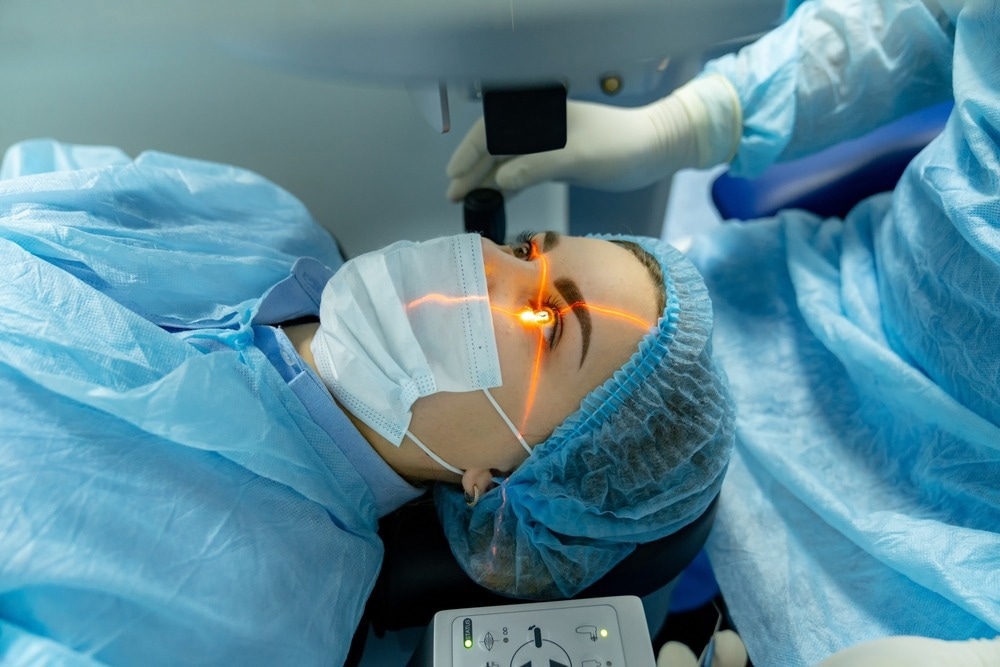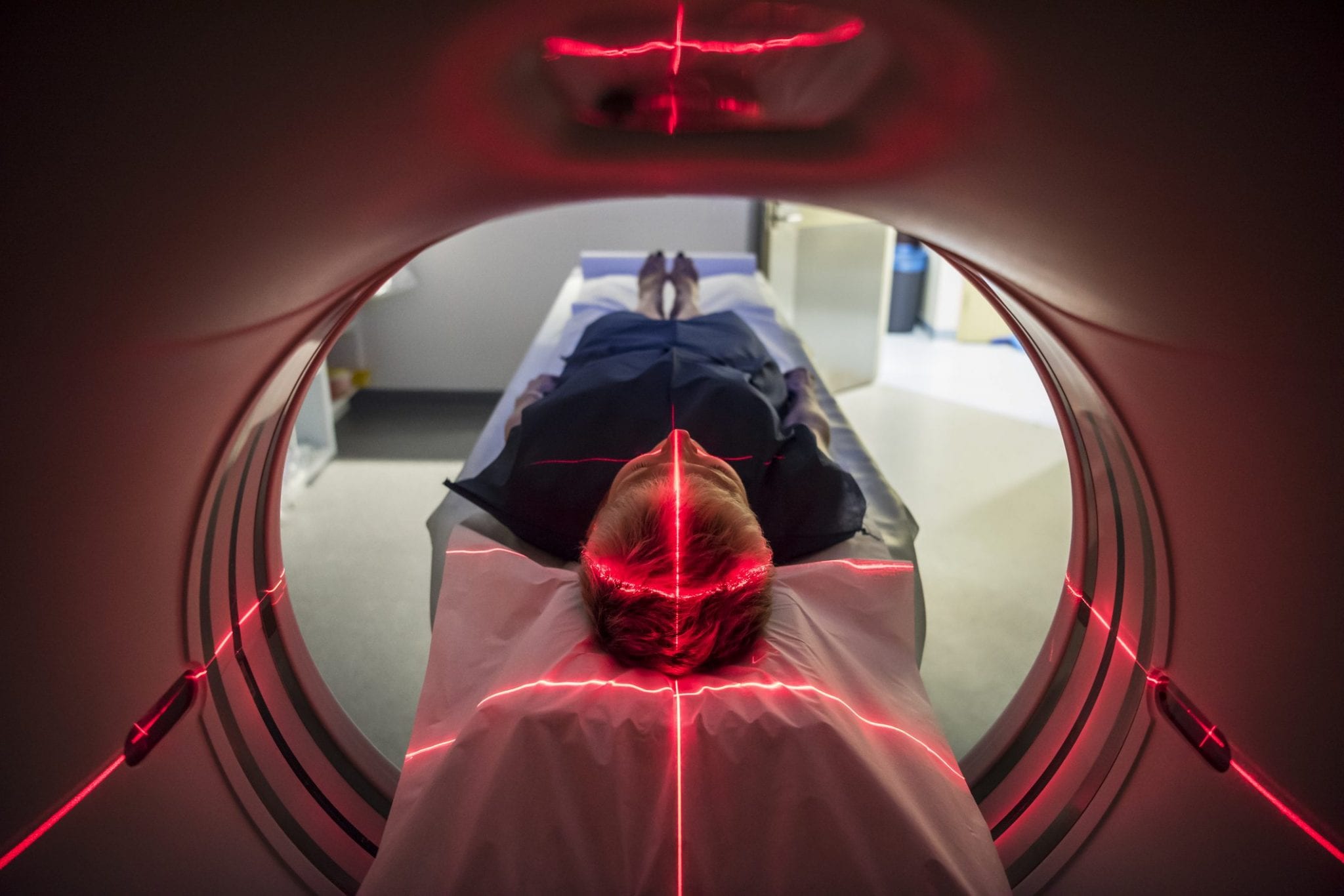The world of healthcare is rapidly changing, and laser technology has played an integral role in its evolution. As a cutting-edge innovation, lasers are revolutionizing how we diagnose and treat medical conditions.
From improved accuracy to reduced recovery times, laser technology offers numerous advantages for both patients and healthcare providers alike. In this article, we’ll explore how laser technology is being used to improve outcomes in medicine today.
We’ll discuss its various applications, from surgical procedures to diagnostics imaging, as well as consider its potential future uses in the ongoing effort to deliver better patient care.
Laser Technology in Healthcare: An Overview

Laser technology is revolutionizing healthcare, offering innovative treatments and procedures that offer greater accuracy and precision than ever before. From cancer treatment to vision correction, laser-based tools are transforming how medical professionals diagnose and treat various conditions.
Surgical procedures have particularly benefited from the use of laser technology. Laser surgery offers high levels of precision with minimal damage to surrounding tissue due to its ability to precisely cut or vaporize targeted areas without causing excessive bleeding or trauma.
Lasers can be used for everything from biopsies to complex operations such as removing tumors, correcting facial deformities, or performing delicate heart valve repair surgeries. In addition to surgical applications, lasers also play a role in advanced medical imaging techniques such as endoscopy (using fiber optics) and tomography (creating cross-sectional images).
Laser systems can generate detailed images that allow doctors to diagnose illnesses more accurately and quickly than traditional methods like X-rays or MRI scans could achieve on their own.
The potential for laser technology in health care has only begun tapping into its full potential; new advancements will certainly continue providing innovative ways for treating diseases while improving patient outcomes significantly along the way—embracing this innovation is key!
How New Innovations are Changing the Face of Medical Care with Lasers

Laser technology is revolutionizing medical care across the globe, offering innovative solutions to a range of health problems. From minor skin treatments like laser hair removal to more complex procedures such as laparoscopic surgery, these advanced techniques are helping doctors and patients alike in ways never before imagined.
The new wave of laser-based treatments offers increased precision and safety compared to traditional methods – with fewer side effects, less recovery time, and better outcomes for those undergoing treatment.
Laser technology has also opened up opportunities for the development of diagnostic tools that can detect disease at earlier stages than ever before. Furthermore, lasers are being used in combination with other technologies such as robotics to create even more precise surgeries with minimal invasion into healthy tissue.
As healthcare systems continue investing in this cutting-edge technology, it’s clear that lasers will be an integral part of future medical advancements – changing the face of healthcare on a global scale!
The Future of Laser Technology in Medicine

The medical field is constantly evolving, especially with the introduction of laser technology. From minor surgeries to major treatments, lasers offer a precise and effective way to treat various conditions or issues. As laser technology continues to advance, healthcare professionals are finding more innovative ways to use it in their practice.
The future of laser technology in medicine holds great promise for improved efficacy and quality patient care. Shortly, smaller and more powerful lasers will expand the scope of treatments available across many specialties. For instance, dermatologists may be able to perform skin resurfacing procedures with greater precision while surgeons can utilize minimally invasive techniques on delicate tissue structures like nerves or blood vessels.
Additionally, lasers could enable faster healing times by stimulating cell growth which would reduce recovery times significantly compared to traditional methods.
As advances in software development allow for better integration between systems such as imaging equipment and robotics alongside laser technologies, AI-driven systems might soon provide hands-free guidance during complex procedures or surgeries — increasing accuracy while minimizing risks for both patients and practitioners alike.
With sophisticated computer models that analyze patient data quickly at scale, doctors may be able to create highly personalized treatment plans without sacrificing safety or effectiveness — revolutionizing medicine from diagnosis through postoperative care even further than before possible with current technologies.
The possibilities are truly endless when it comes to leveraging cutting-edge laser technology within the realm of healthcare; however due diligence must remain paramount when utilizing such tools in order to guarantee safe outcomes for all involved parties alike moving forward into this new era of medicine
Conclusion

The technological advances brought about by laser technology have revolutionized healthcare, particularly in wellness clinics such as Aida np Wellness Clinic, where it is being used to diagnose and treat a variety of ailments.
Laser’s ability to precisely target affected areas while minimizing side effects offers many benefits over traditional medical treatments. By embracing this innovation, healthcare providers can offer safer, more effective care with fewer complications for patients.
As laser technology continues to evolve and be implemented into everyday practice, healthcare professionals will be better equipped than ever before to provide quality care that meets each person’s individual needs.

